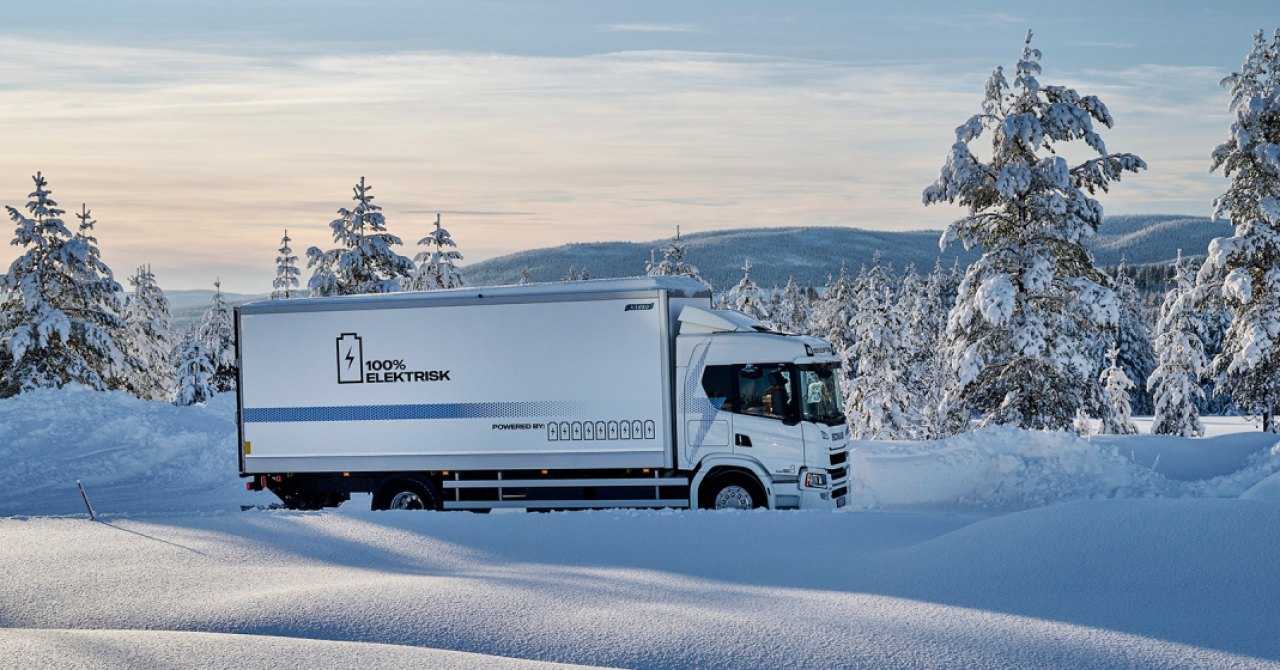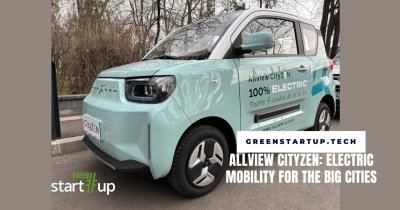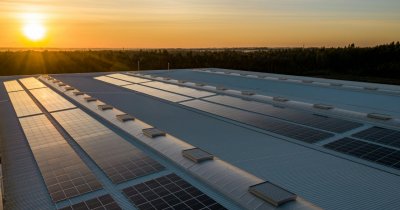There were many milestones for Scania in its progress towards a sustainable transport system in 2023, including: the opening of a battery assembly plant to enable large-scale production of electric trucks; investing in and expanding the electric product portfolio; and turning supply chain decarbonization targets into formal requirements.
Scania was the first in the industry to commit to the Science Based Targets and took the step of setting global targets for 2025 to create accountability and make these goals actionable. While Scania is well on its way to reaching the scope 1 and 2 targets, at a decrease of 42 percent towards the goal of 50 percent by 2025, decarbonizing the rolling fleet where the lion’s share of carbon emissions come from is more challenging.
Within scope 3, when Scania’s vehicles are in use, the aim is to achieve a 20 percent reduction by 2025. Currently the reduction is just below 3 percent since base year 2015. A changed sales mix resulted in a negative development of the KPI reported in 2023. The reported scope 3 reduction is based on 2022 volumes as the input data builds on the vehicles being in use. It means the full impact of initiatives like Scania’s Super powertrain is not yet coming through in the KPI reported for 2023.
The 2025 scope 3 target remains a challenge but guides positive change. In 2024, Scania will focus efforts on driver efficiency, optimizing vehicle specifications, promoting renewable fuels and expanding electrified solutions, to continue making progress with its emission reduction targets.
"While electrification is the ultimate answer, and we do our utmost to ramp-up production of battery electric trucks to deliver to our customers, fuel-saving actions and the usage of renewable fuels are decisive to decarbonisation here and now", says Scania CEO Christian Levin.
According to company officials, in 2023, Scania’s sales reached over 200 SEK billion (17.7 billion euros), a doubling of sales revenue in just seven years.
Demand for Scania’s products and services remained high in 2023, although in some key markets it decreased from previously very high levels. Scania managed to stabilize the vehicle order-to-delivery flow significantly and increased deliveries by 13 percent compared with previous year.
Earnings reached record levels, positively impacted by higher vehicle and service volume, a strong price and product mix, and currency effects. Inflation, higher raw material prices and some remaining supply chain disturbances impacted earnings negatively.
The fourth quarter was strong, with vehicle deliveries increasing by 8 percent and the service business growing by 6 percent in local currency, compared with the same period last year. Vehicle order intake in the fourth quarter decreased by 5 percent, reflecting more normal demand levels in some of Scania’s key markets in Europe.
"Like many other businesses, Scania is adapting to a world where the ‘new normal’ means uncertainty and constant disturbances. While we managed to stabilize flows in 2023 and deliver a strong financial performance, we are still working hard together with partners and bodybuilders to improve delivery precision for our customers", Christian Levin added.
 Mihai - Cristian Ioniță
Mihai - Cristian Ioniță












Any thoughts?